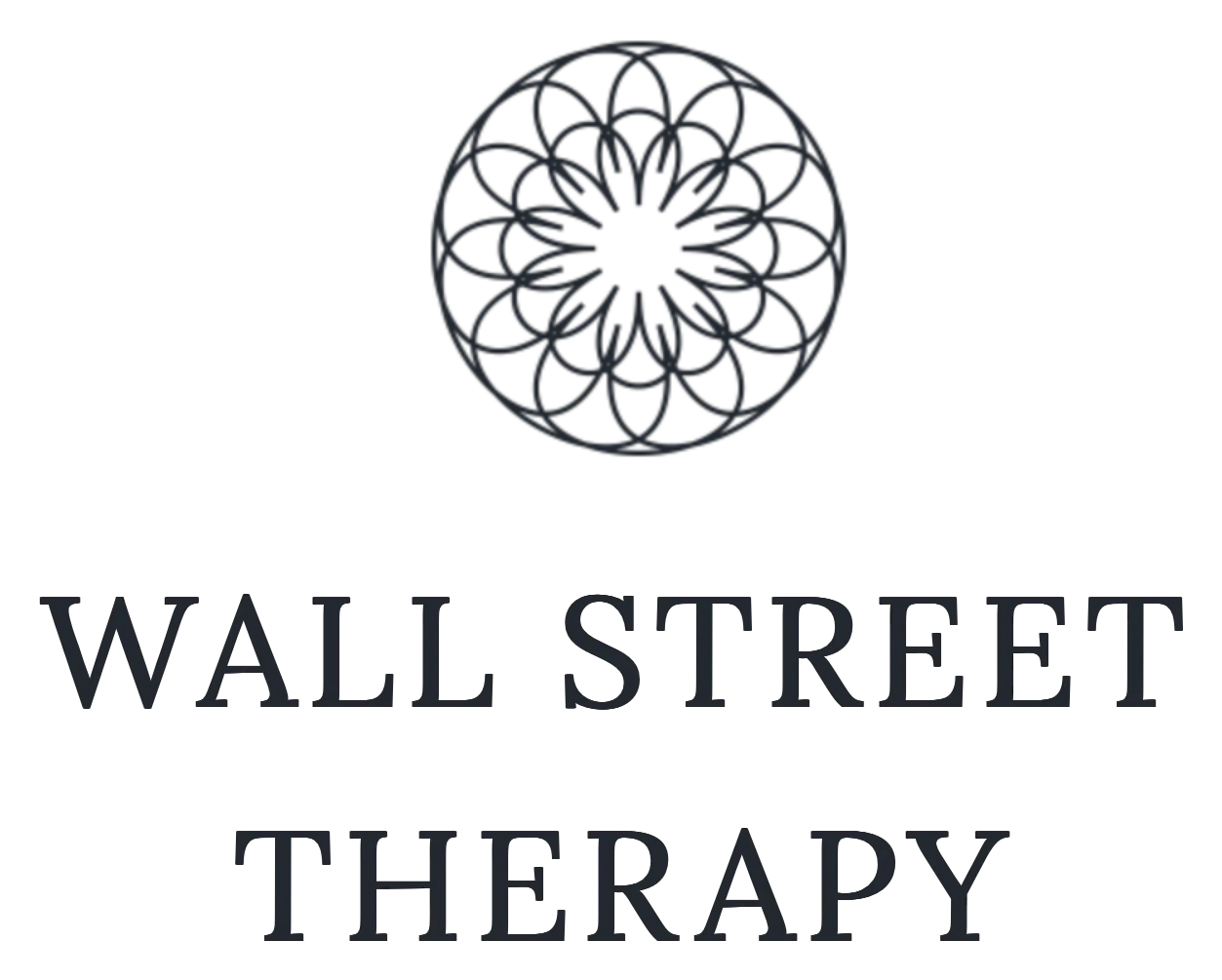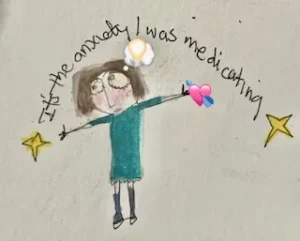Turning to Addictions: A Misguided Attempt at Self-Medicating Anxiety
By Anna Kuyumcuoglu | mental health
Posted: April 11, 2024
The Vicious Cycle: Addictions as a Coping Mechanism for Anxiety
For many individuals struggling with addiction, the roots of their substance abuse or compulsive behavior can be traced back to an underlying battle with anxiety. In a desperate attempt to find relief from the overwhelming and sometimes debilitating symptoms of anxiety, they turn to various addictions as a form of self-medication. However, this temporary escape often leads to a vicious cycle that exacerbates the very problem they’re trying to escape.
The Calming Illusion Whether it’s alcohol, drugs, gambling, or any other addictive behavior, the initial euphoria or numbing effect provides a fleeting sense of calm and relaxation. For those grappling with anxiety, this temporary respite can feel like a lifeline, offering a reprieve from the constant worry, racing thoughts, and physical symptoms that come with anxiety disorders.
However, the relief is short-lived, and as the effects of the addictive substance or behavior wear off, anxiety often returns with a vengeance. This leads to a cyclical pattern of seeking the same temporary fix, further fueling the addiction and perpetuating the cycle of self-medication.
The Paradoxical Effect Ironically, while addictions may initially seem to alleviate anxiety, they ultimately exacerbate it. Substance abuse and addictive behaviors can disrupt the delicate balance of neurotransmitters in the brain, leading to heightened anxiety, mood swings, and other mental health issues.
Additionally, the consequences of addiction, such as financial strain, strained relationships, and legal problems, can introduce new stressors and sources of anxiety, creating a downward spiral that becomes increasingly difficult to escape.
Breaking the Cycle
Overcoming the self-medication cycle of addictions and anxiety requires a multifaceted approach that addresses both the addiction and the underlying anxiety disorder. This often involves a combination of evidence-based therapies, such as cognitive-behavioral therapy (CBT), mindfulness-based interventions: pattern interruption based, and, in some cases, medication management.
CBT helps individuals identify and challenge the negative thought patterns and irrational beliefs that fuel both anxiety and addictive behaviors. Mindfulness practices, like meditation and yoga, cultivate present-moment awareness, emotional regulation, and a greater sense of acceptance and self-compassion.
Additionally, support groups and peer-based recovery programs can provide a vital sense of community, accountability, and shared understanding, which can be invaluable in the journey towards lasting recovery and mental well-being. Click here to find support groups
The Path to Healing
Overcoming addictions and managing anxiety is a courageous journey that requires patience, perseverance, and a commitment to personal growth. It’s a process of untangling the complex web of emotions, thoughts, and behaviors that have become deeply ingrained.
By seeking professional support and embracing evidence-based treatments, individuals can break free from the vicious cycle of self-medication and rediscover a life of authenticity, purpose, and inner peace. The road may be challenging, but the rewards of lasting recovery and improved mental health are immeasurable.

